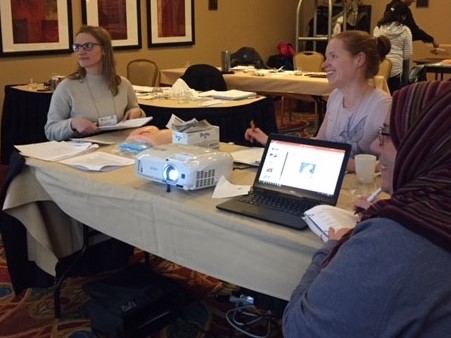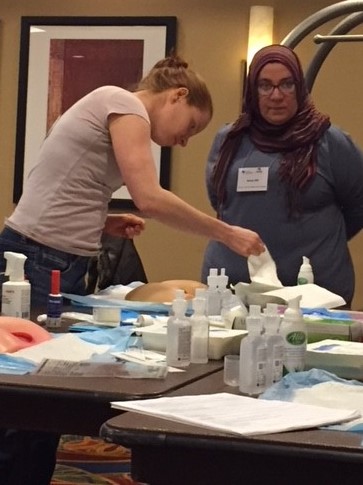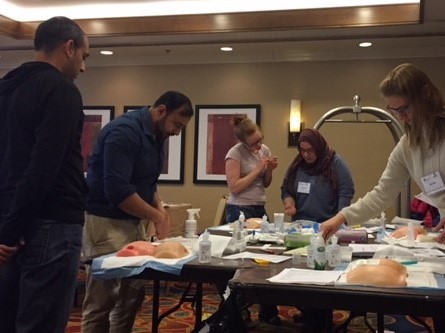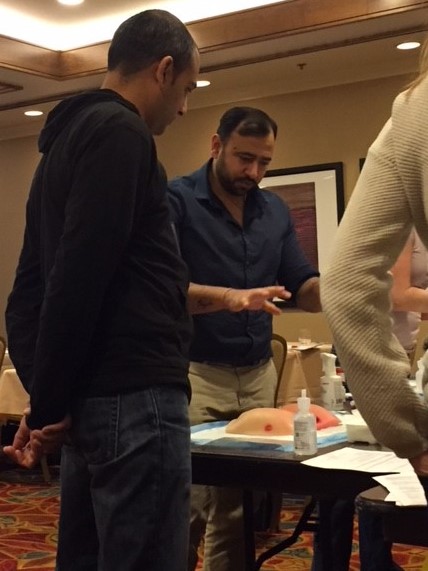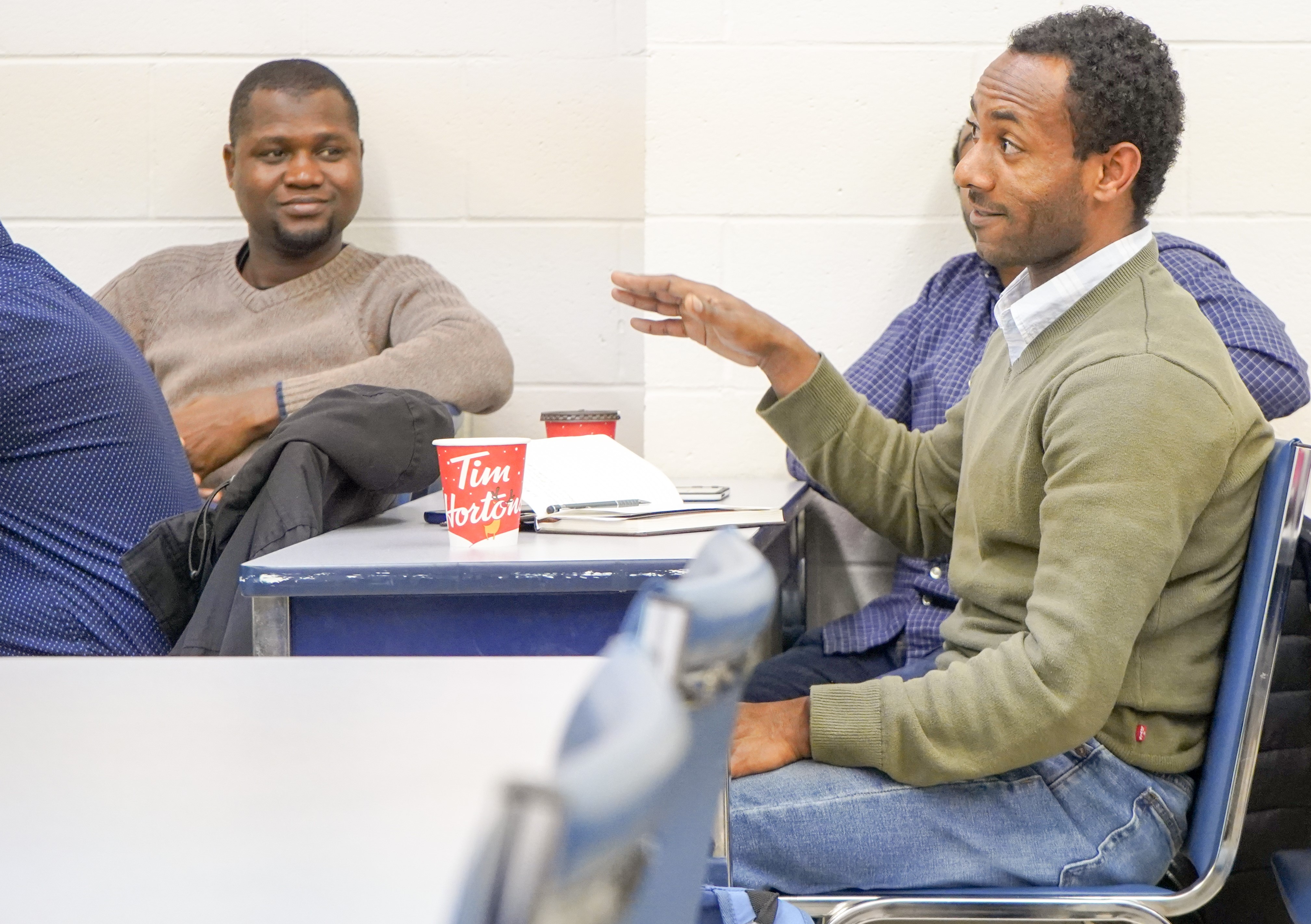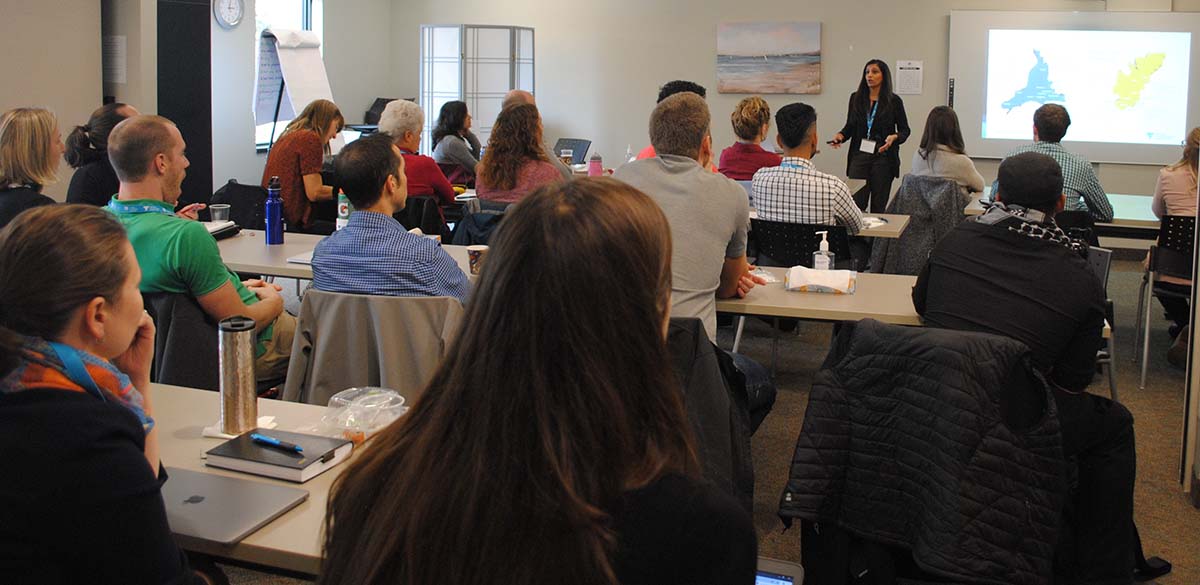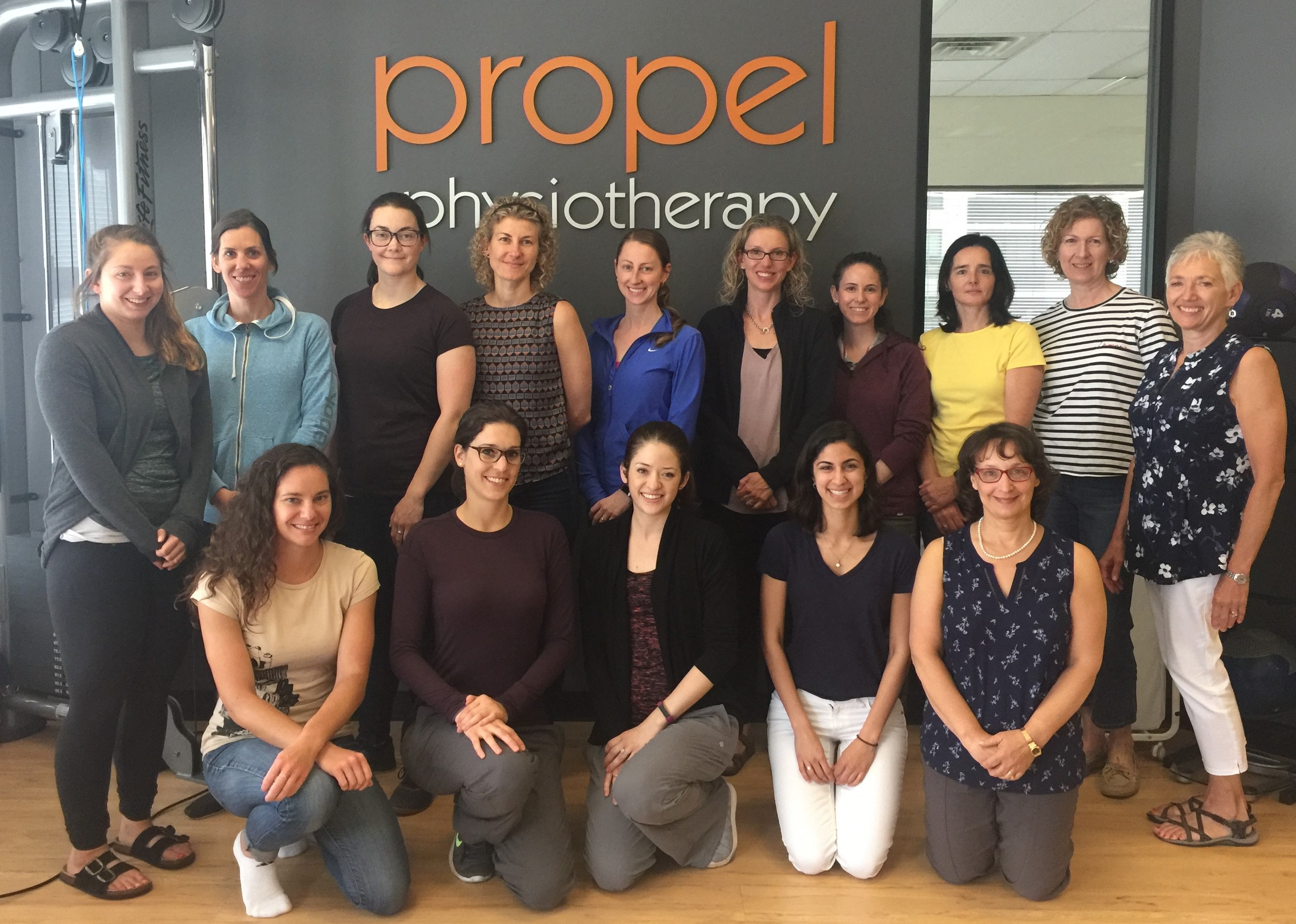On Saturday Feb 3, 2018, I attended the Level 2 workshop on Wound Care Principles and Assessment. This was a one day course that reviewed much of what was relayed in the first level, Wound Care E-learning module and then delved into the practical components of evaluating wounds and practicing wound care techniques including packing, probing and irrigation with a primary focus of ensuring aseptic techniques.
I decided to further my knowledge after taking the level 1 course to reinforce what I had learned. I had originally taken the course despite the fact that I rarely come across patients who suffer open wounds in my practice. What I learned was that it is an extremely common condition with 25% of individuals in health care noting patients with skin integrity issues. It is also something I may have to deal with as my parents are aging and I want to be empowered to deal with it at some level.
The course was run by the OPA partnered with the Canadian Physical Therapy Wound Care Collaborative. The session instructors were all very experienced in the assessment and treatment of wounds and could speak to their experience in a very relatable way. The focus wasn’t on treating wounds but on the assessment and management of wounds.
What I found most interesting was the undermining of a wound – how a wound extends beyond what we can actually see. It puts into perspective how we treat patients who may be suffering from open wounds and how we have to take care to ensure the wound is protected and managed even if the wound is not what we are treating as our primary concern.
I would recommend the first two levels for all physiotherapists to better understand the causal effects of wounds and how to work with patients who suffer from chronic wounds even if treating the actual wound is not our primary objective. It may not be something we come across often, but I feel it’s something we surely have to be aware of in our practice.
By Justin Mathew
Learn more about wound care:
- Wound Care Management for PTs, Level 1: E-learning Module
- Wound Care Principles and Assessments, Level 2: In-person Workshop

